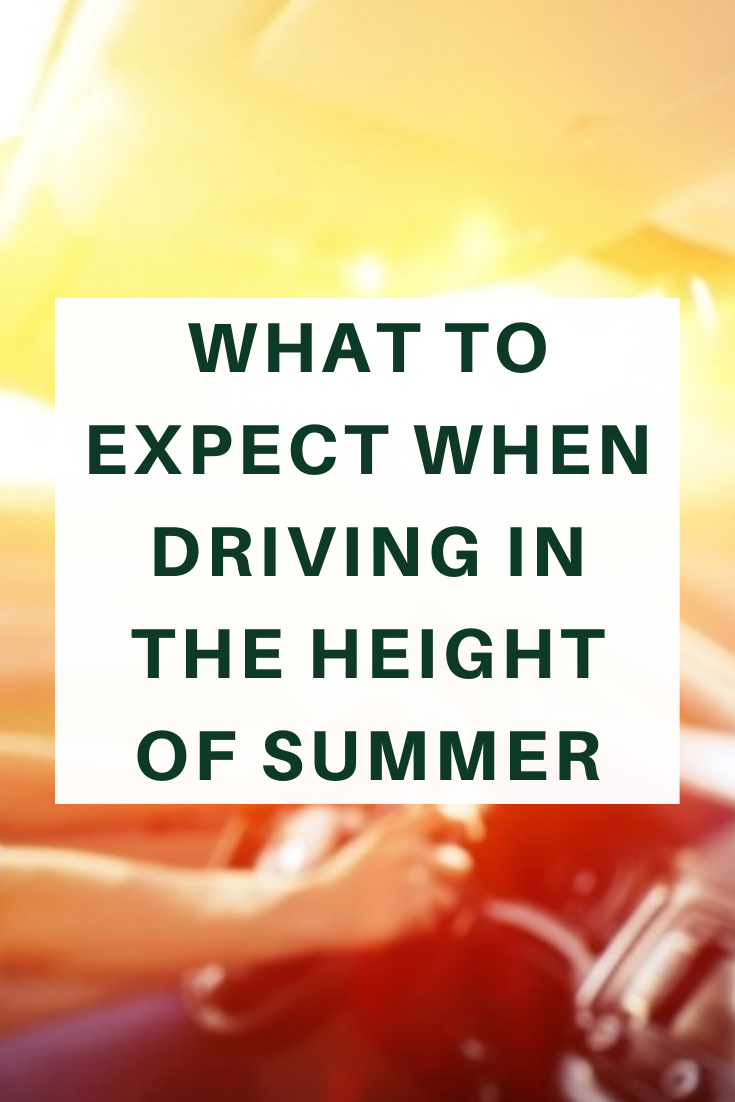Driving in the height of summer can lead to a whole host of problems, although you shouldn’t let that put you off. Be prepared for these potential downfalls and you’ll have nothing to worry about when you set off for a summer road trip this year. Whilst you were most likely taught a thing or two about driving in the warmer months by any reputable driving schools in Birmingham, or wherever else you learnt this skill, it can be difficult to put into practice.
To help you get up to speed before you go on a drive this summer, we’ve pulled together a list of what to expect and how to prevent your road trips being cut short this year.
Overheating
Higher temperatures will inevitably lead to the overheating of both your car and yourself (along with your passengers). To keep your car in check this summer, it’s best to keep an eye on your car’s coolant levels and the cooling system. If the temperatures are soaring then try to find a shady area to park and allow your car to cool down. You can also use this as an opportunity to take a break from driving, but we’ll get onto that later on.
Glare
As the sun finally sits high in the sky, it can lead to glare across your windscreen which will ultimately obstruct your view when driving in summer. There are a number of ways you can combat this, or at least reduce the effects. Keeping your windscreen nice and clean will make all of the difference, as well as ensuring that your wipers aren’t worn or damaged, in case you need to give your screen a quick spritz and a wipe. Keeping a pair of sunglasses in your car can also be a good idea, as long as they don’t hinder your vision.

Hay fever
If you know that hay fever is likely to strike you down in the summer months, be mindful of undertaking a long drive. If you’re taking medication that makes you drowsy then it’s best not to drive. But, if it can’t be avoided, then there’s a few ways to keep your driving safe whilst you’re being affected by that dreaded pollen. Make sure to keep all windows and air vents closed to reduce the amount of pollen that can enter your car. Clean your car’s mats and carpets more regularly to get rid of any dust that’s been brought in on your shoes and, of course, keep tissues handy in case your nose starts running whilst you’re out.
Getting tired
Depending on the length of your journey, it’s important to take your potential tiredness into consideration. For journeys longer than three hours, we recommend taking a 20-minute break somewhere in the middle, whereas on long trips, a break every couple of hours is the best practice. The best way to keep yourself rejuvenated this summer is to take several short breaks, rather than one long one, as this is likely to just make you even more tired.
*This is a collaborative post

